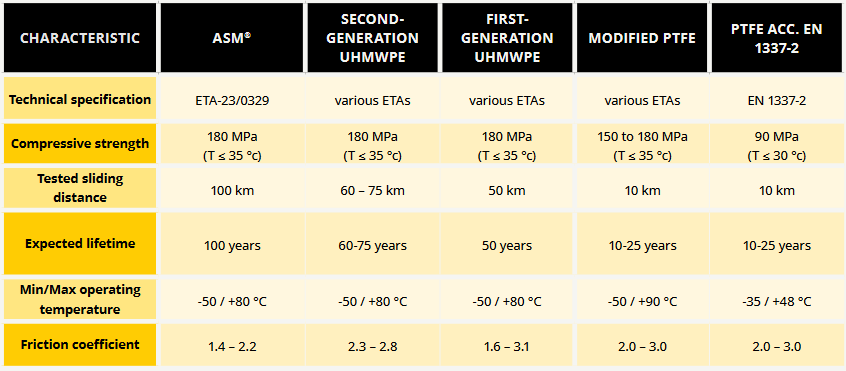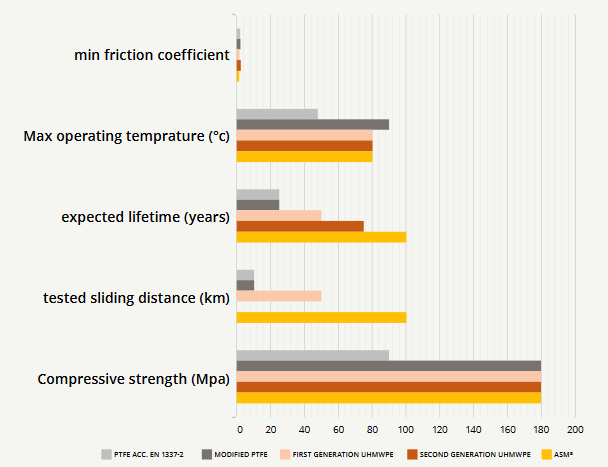Spherical Bearings
INTRODUCTION
Spherical Bearings
ATAYA’s Spherical Bearings: Engineered for high
endurance and large movements Railway bridges
and long spans require high strength bearings that
accomodate large displacements, high vibrations and
can withstand very high compressive loads .
These versatile bearings come in various
configurations that comply with the EN 1337-7
standard. This ensures you get the perfect solution
for your bridge’s specific needs, whether it requires
handling horizontal translation, accommodating
rotation, or both.
By incorporating ATAYA’s Spherical -Bearings, you’re
investing in bearing that is durable for 100 years with
no requirement for replacement
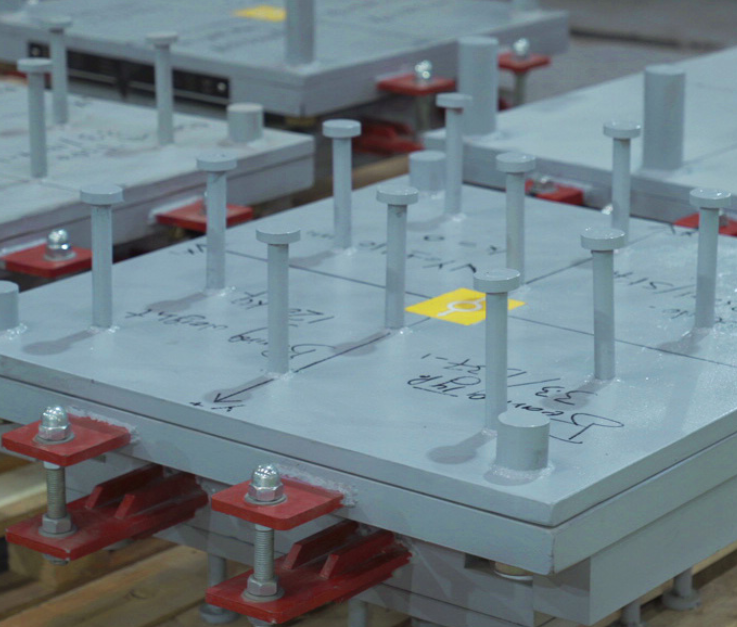
Spherical Bearings Features & Performance
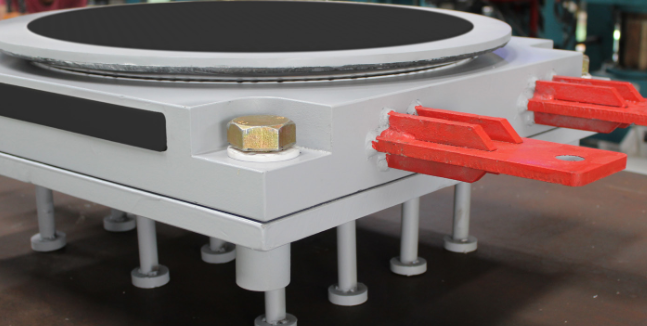
VERY LOW SLIDING CO-EFFICIENT OF FRICTION
NO MAINTENANCE
HIGH DURABILITY
UNLIMITED MOVEMENT CAPACITY
EASY INSPECTION
EASY INSTALLATION
HIGHEST ROTATION CAPACITY
SUITABLE FOR STEEL AND CONCRETE BRIDGES
LIFE TIME OF 100 YEARS WITH NO REPLACEMENT
Type of Spherical Bearings
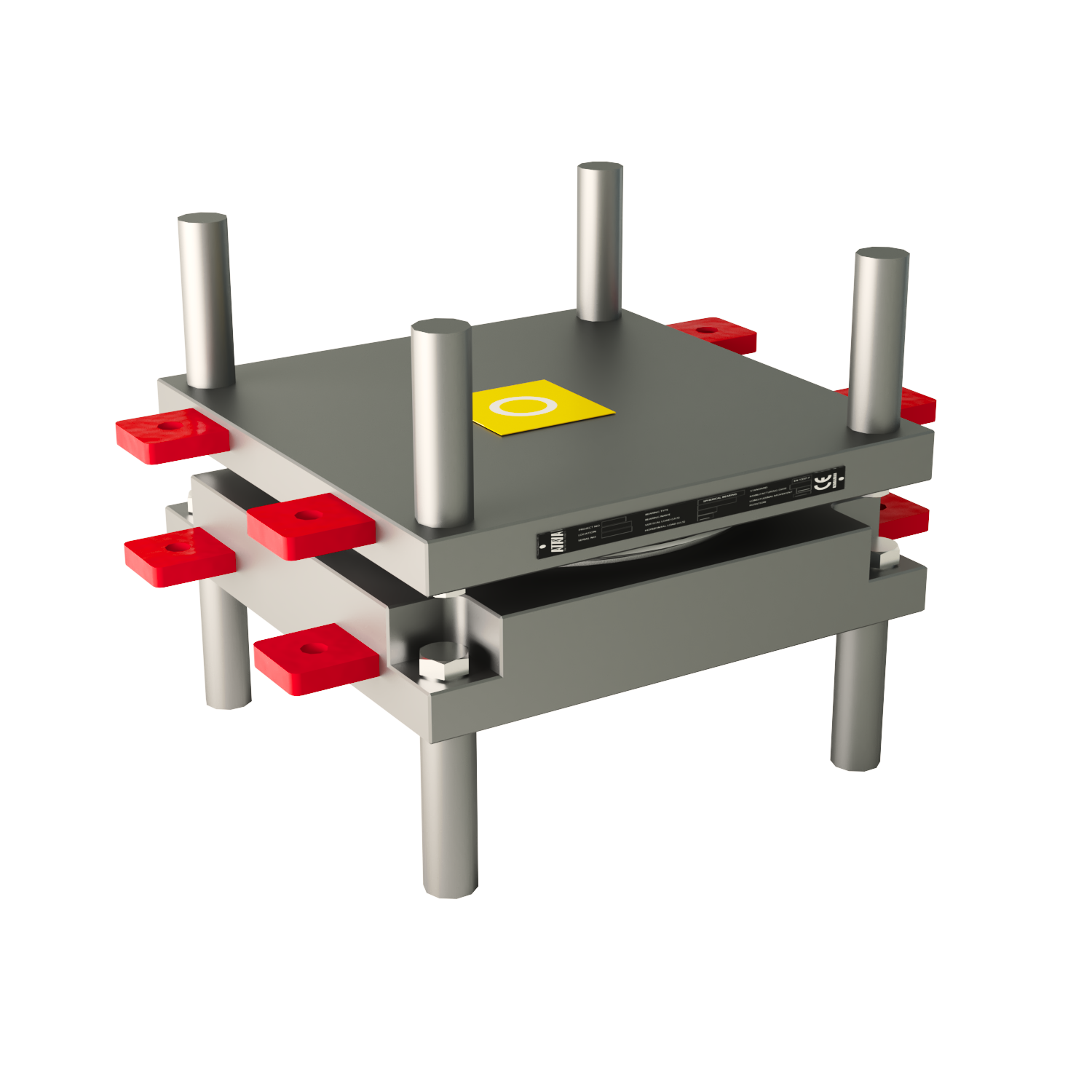
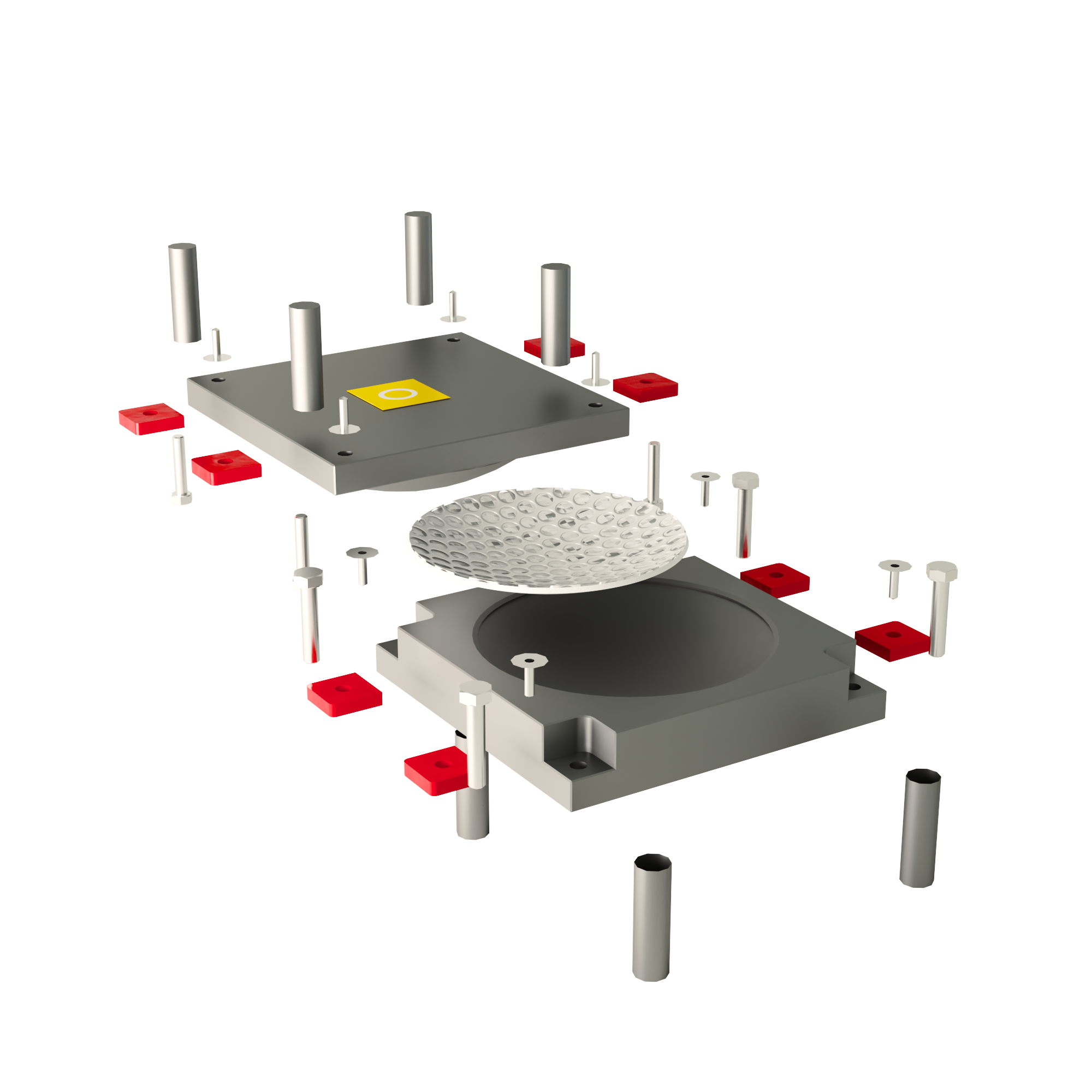
FIXED SPHERICAL BEARING
This type of bearings is restrained from horizontal movement in all directions while allowing rotation in all directions.
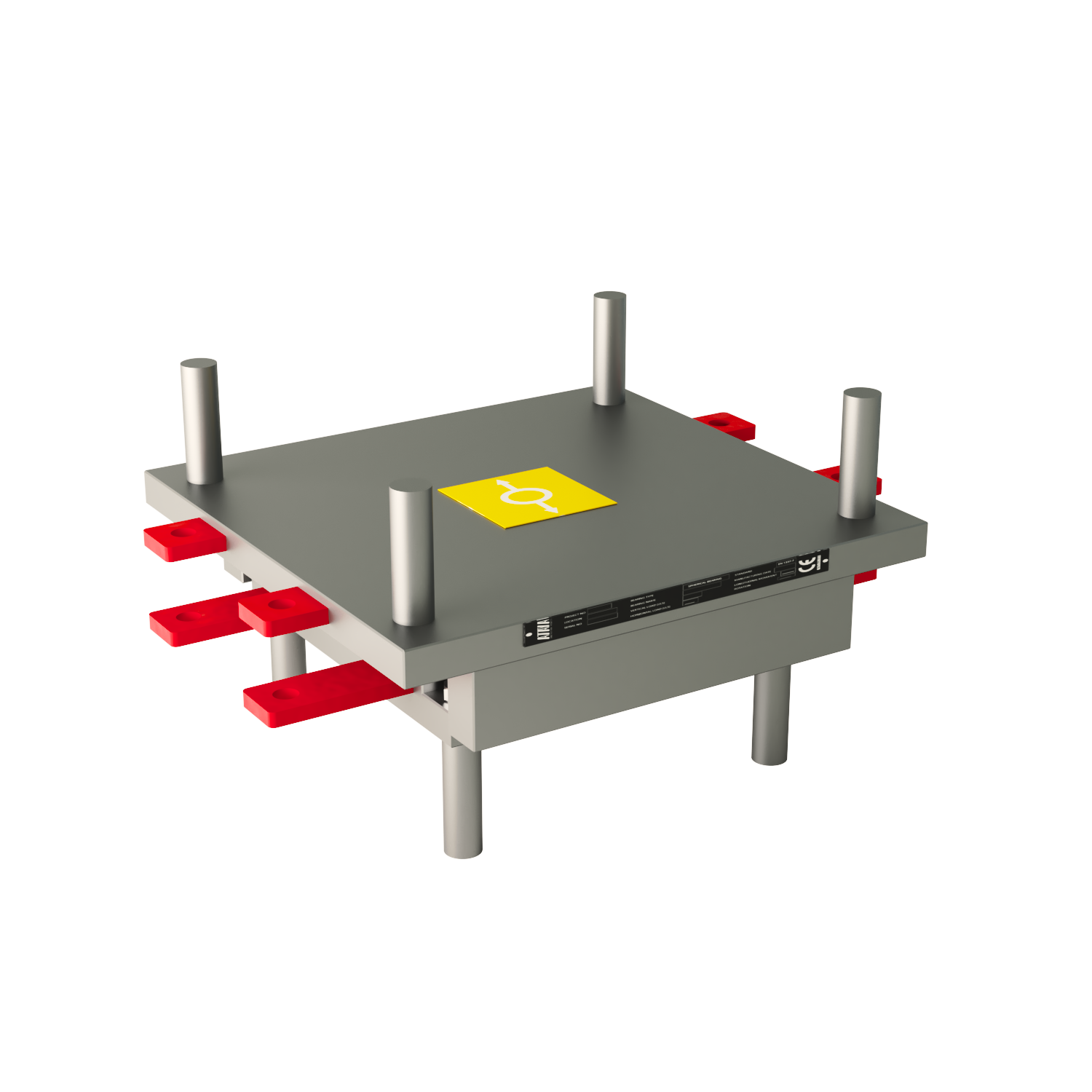
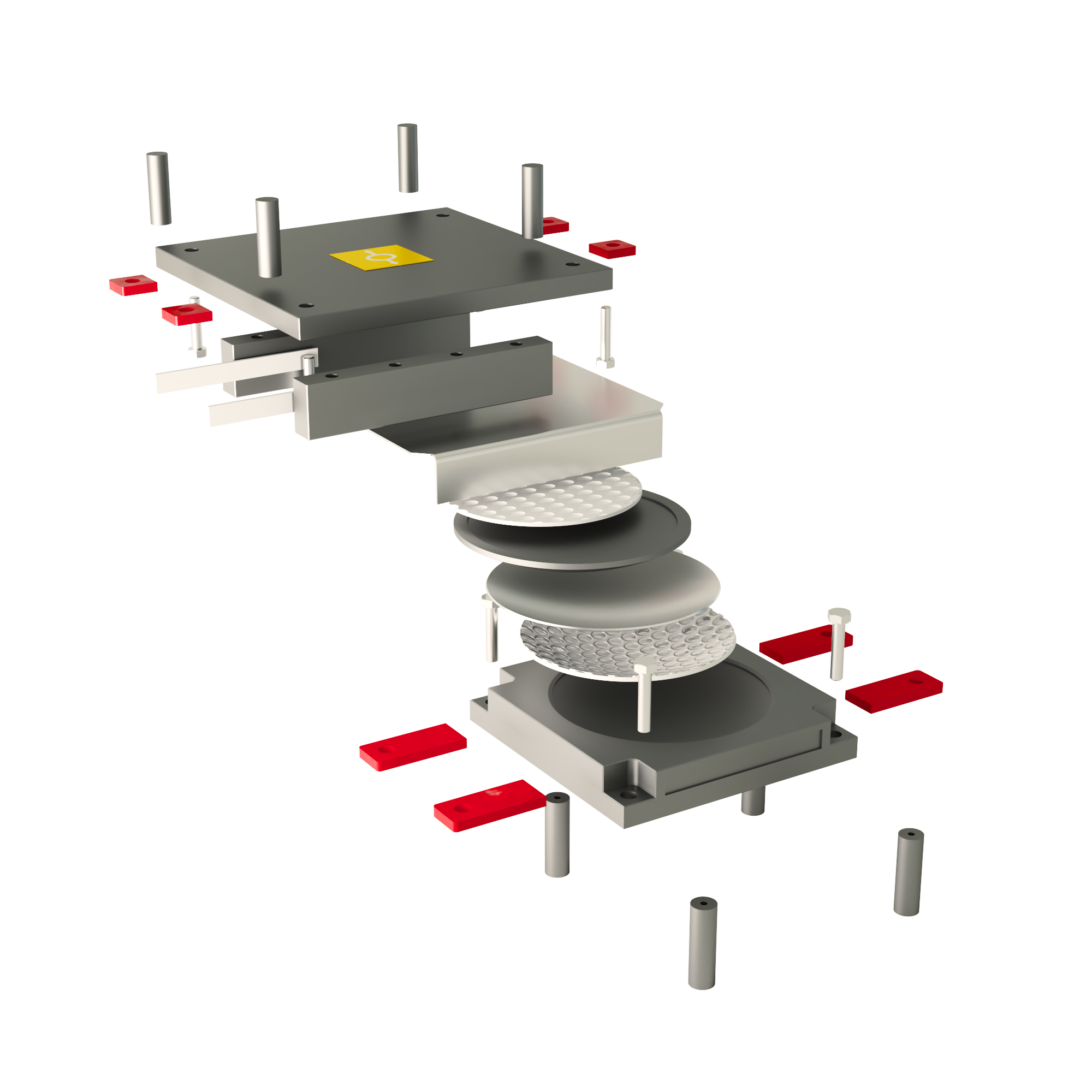
Guided Spherical Bearing
This type of bearings allows movement along only one axis
and rotation in all directions.
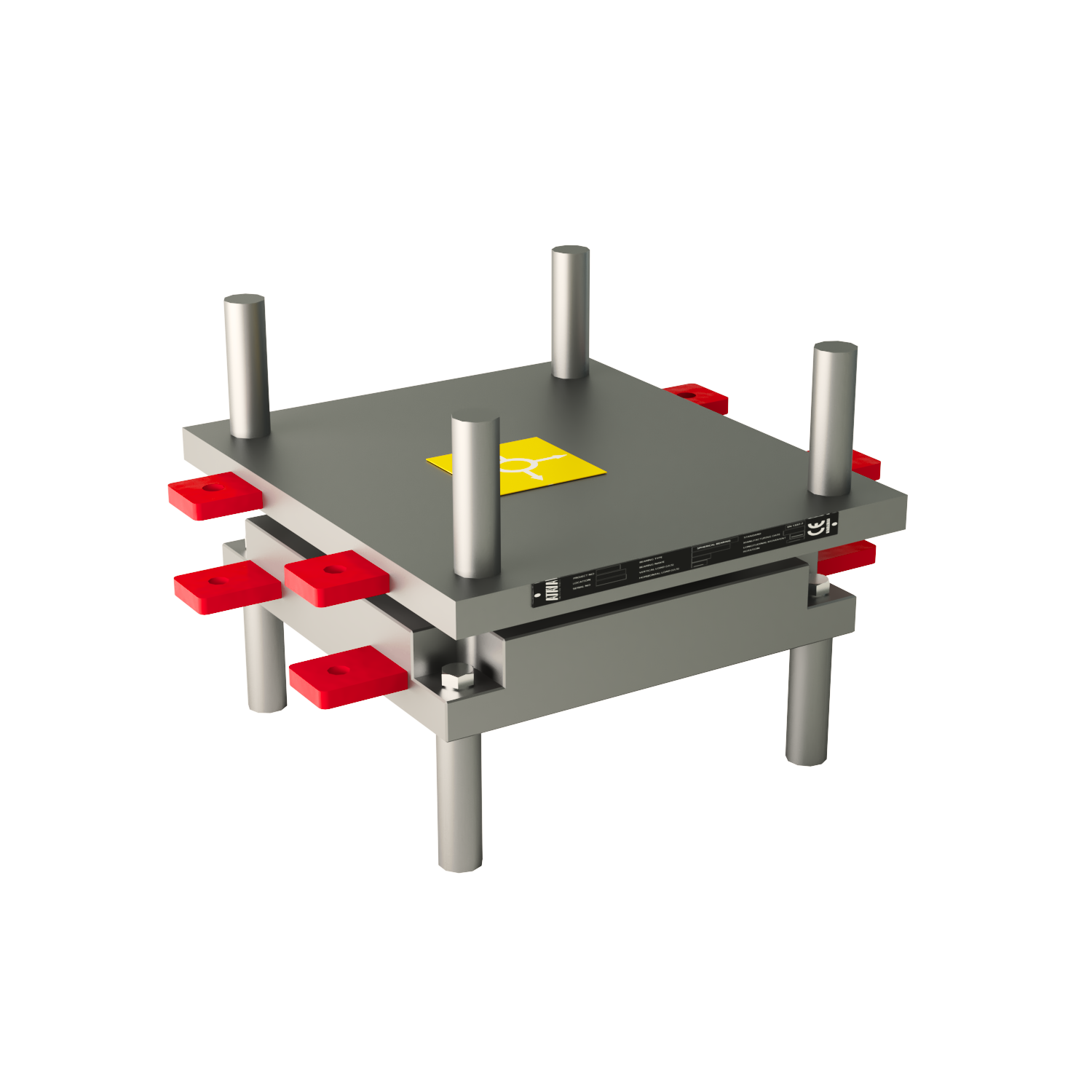
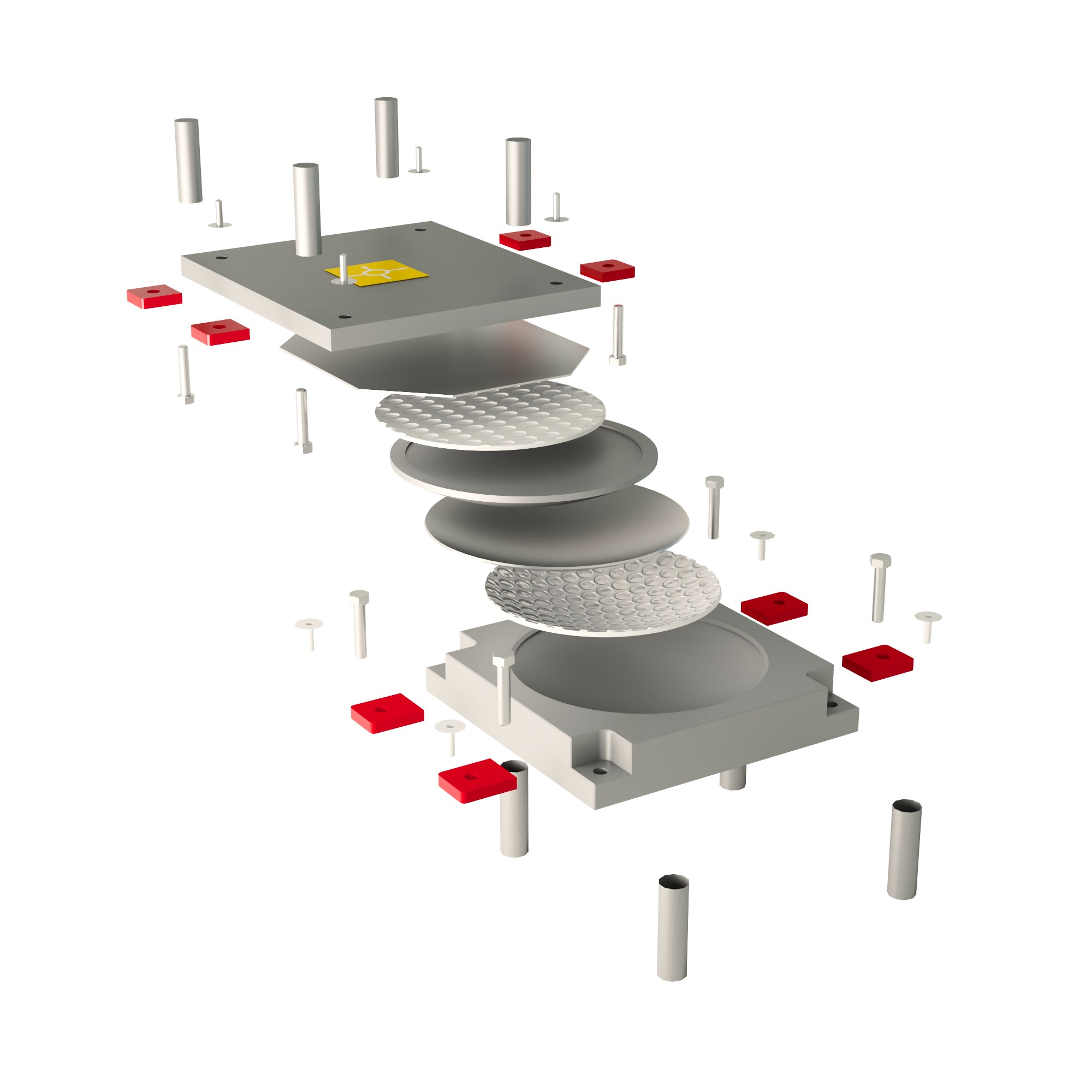
Free Sliding Spherical Bearing
This type of bearings allows movements and rotation in all directions.
Beaings Components


UPPER BACKING PLATE (SOLE PLATE)
Transfers super structure loads to the bearing and provides a
stainless steel sliding surface for super structure transition.
CONVEX STEEL PLATE
Provides ASM® sliding surface for upper backing plate and
stainless steel mating surface for rotation on ASM® concave
surface
CONCAVE STEEL PLATE
Provides ASM® concave surface for rotation.
LOWER BACKING PLATE (MASONRY PLATE)
A steel lower part with a concave seat for the sliding material
and suitable connections to the substructure.
GUIDE BAR
Guide bar in guided bearings only (if required) to allow
movement in one direction.
RESTRAINING RING
It is used only in fixed bearings (if required) to restrain
the movements in all direction
mATERIAL SPECIFICATIONS
Use of ASM® as sliding material in structural bearings is covered by the European Technical Assessment ETA-23/0329 based on the European Assessment Document EAD 050004-00-0301 issued by OIB (Austrian Building Institute).
Next table compares the performances of ASM® to those of conventional PTFE according to EN 1337-2 and first and second- generation UHMWPEs according to various ETAs.
